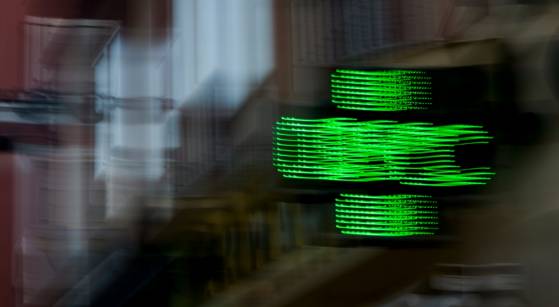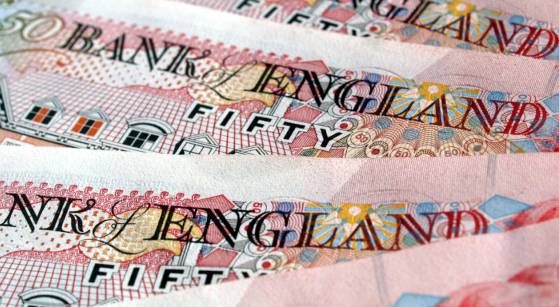Despite all the attention on the mini-budget and the political fallout, the BOE still has to fight rising inflation. It will meet two weeks from now to decide on the next course of action. With the release of the data tomorrow, markets can get back to considering concrete data points and the evolution of monetary policy.
More immediately is the release of EuroZone inflation data because the ECB meets next week. There has been a flurry of commentary from MPC members ahead of the blackout period, with somewhat contradictory statements about just how far the central bank will raise rates. Hawks have moderated their positions, while doves have said that the rate hiking is far from over. Inflation data could be the deciding factor here.
What to look out for
First to announce is the UK, which comes out with a barrage of data just before the market open, as usual. Headline UK inflation is expected to tick back up to 10.0% from 9.9%, which would be just one decimal away from the recent high of 10.1% in July. Given the tight range of recent results, a relatively small miss from expectations could have an outside impact. That's aside from the psychological effect of the inflation rate returning to double-digits.
Naturally if inflation comes in just two decimals above expectations, it would beat the prior high. That could affirm worries that the peak hasn't been reached yet (something the BOE has already warned about). On the other hand, a miss of two decimals would show a continuation of the downward trend over the last three months and provide some relief to the markets.
The underlying figures that matter
The BOE focuses more on the Core inflation rate for policy decisions, and that is expected to continue its recent trend higher at 6.4% compared to 6.3% in August. Expectations that the UK is not out of the woods in terms of price increases is expected to be affirmed with PPI output remaining at 13.7%.
Across the channel, the situation in the EuroZone is expected to show increased justification for tighter policy. The annual inflation rate is expected to be confirmed at double digits for the first time since the currency was adopted, at 10.0%, up from 9.1%. That is driven by an acceleration of the monthly rate to 1.2% compared to 0.6% in august.
The outlook hasn't changed much
EuroZone core inflation rate is expected to be confirmed at 4.8% compared to 4.3% prior. The rise in prices is seen primarily as a product of higher energy costs filtering through the economy. If prices aren't rising primarily because of monetary policy, it's hard for monetary policy to control the increase and stabilize prices.
Earlier today it was reported that the BOE would delay the implementation of QT (selling gilts) due to market conditions. The low interest rates in the Eurozone are creating a similar problem, where investors are keeping to the sidelines ahead of expected economic turmoil. This makes policy tightening even more challenging, even as inflation continues to rise. Therefore, it's likely that a consensus ahead of the ECB's decision might not solidify.










![Warsaw Stock Exchange: Brand24 (B24) - 1Q23 financial results Turbulent Q2'23 Results for [Company Name]: Strong Exports Offset Domestic Challenges](/uploads/articles/2022-FXMAG-COM/GPWA/gpw-s-analytical-coverage-support-programme-wse-2-6311cd4191809-2022-09-02-11-30-41-63175bda84812-2022-09-06-16-40-26.png)









![Warsaw Stock Exchange: Brand24 (B24) - 1Q23 financial results Turbulent Q2'23 Results for [Company Name]: Strong Exports Offset Domestic Challenges](https://www.fxmag.com/media/cache/article_small_filter/uploads/articles/2022-FXMAG-COM/GPWA/gpw-s-analytical-coverage-support-programme-wse-2-6311cd4191809-2022-09-02-11-30-41-63175bda84812-2022-09-06-16-40-26.png)


